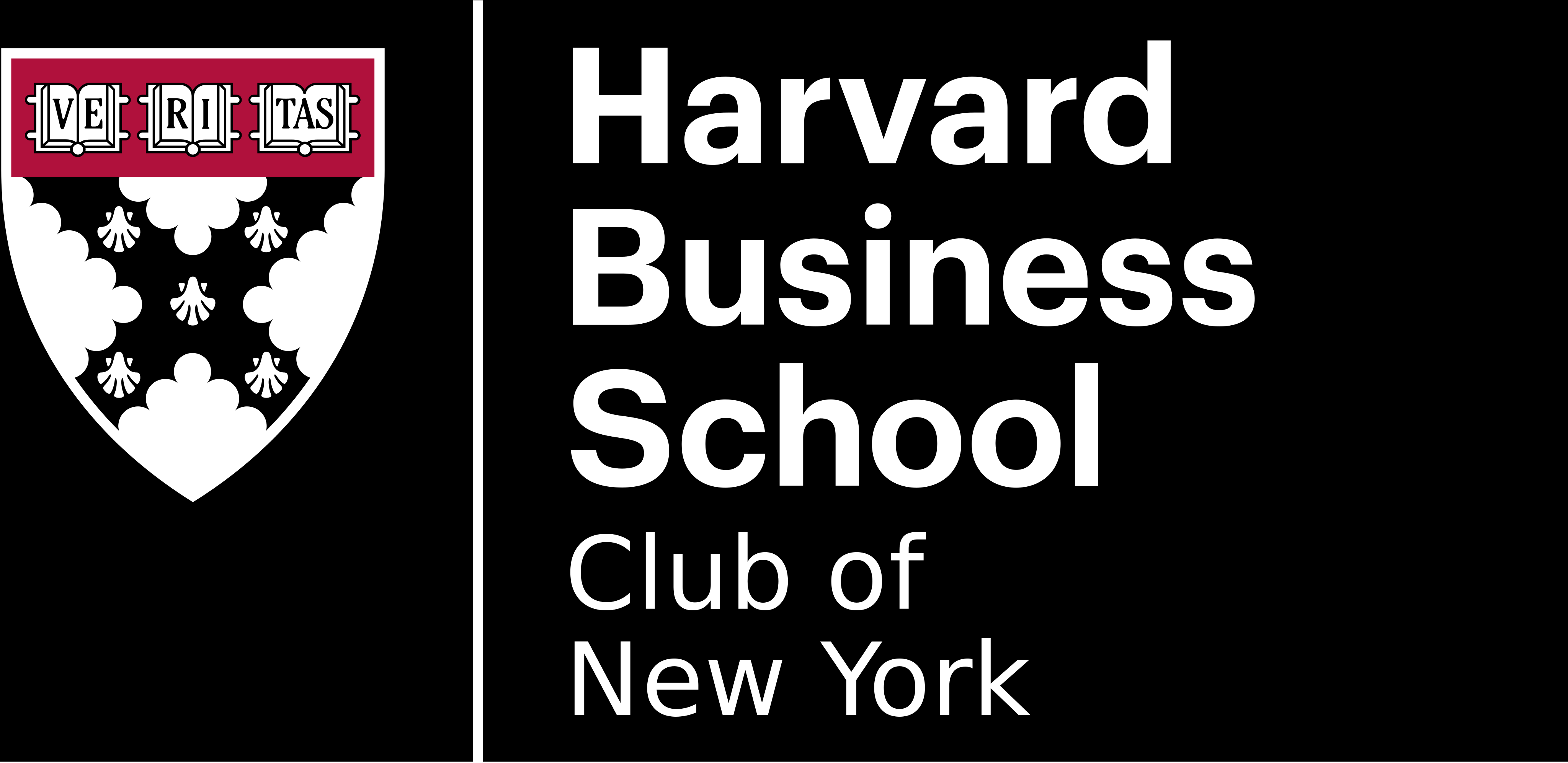HBSCNY project narrows the ‘Skills Gap’
 NEW YORK, NY (May 11, 2016) — A unique job-training program organized by Harvard Business School Club of New York (HBSCNY) members produced its first class of graduates this spring, and though they’ve just graduated, indications are that virtually all will soon have positions paying in excess of $3,000/month.
NEW YORK, NY (May 11, 2016) — A unique job-training program organized by Harvard Business School Club of New York (HBSCNY) members produced its first class of graduates this spring, and though they’ve just graduated, indications are that virtually all will soon have positions paying in excess of $3,000/month.
The graduates completed a five-month Medical Billing Certificate Program at LaGuardia Community College in Queens, a course of study that the college, with the Club’s help, had developed in conjunction with Weill Cornell Medicine (WCM) across the East River in Manhattan. Seventeen of the 23 graduates had jobs lined up just as the program ended; the others were continuing interviews at WCM or might end up at NYU Langone Medical Center or another major hospital.
The program curriculum was developed jointly by LaGuardia and Weill to make certain that the course would produce job-ready graduates while at the same time meeting educational standards. HBSCNY members Bruce Bockmann ’67, Richard C. Kane ’68 and Barry M. Puritz ’65 managed the collaboration between the college and hospital.
“Most of the time, educators come to employers and say, ‘We have this training program. Take our graduates,’” Kimberly Kendall, executive director of adult and continuing education at LaGuardia Community College, told Crain’s Medical Pulse trade paper. “This time we started with, ‘What do you need?’”

The program is part of HBSCNY’s Skill Gap Project and is offered tuition-free to students thanks to funding and a partnership with the New York City Department of Small Business Services and the New York Alliance for Careers in Healthcare. The initiative grew out of Harvard Business School’s U.S. Competitive Project findings that many mid-skills jobs go unfilled because unemployed people lack the training necessary to do the work.
When they heard those findings, Bockmann and Kane set out to find a solution that would start small but be able to grow, not only in New York but potentially nationwide. Using HBSCNY connections and the social networks developed during their careers, the two men found willing administrators at LaGuardia and Weill Cornell. They, and Puritz, kept the discussion moving forward through two trial runs before the first formal class was enrolled late last year.
“We identified a problem, then used our business skills and social networks to try to resolve it,” said Meg Langan ’92, HBSCNY’s vice president for marketing and alumni affairs. “Because we have these skills learned at HBS, we can really make an impact.”
Sixteen members of that first class were unemployed when they began the program; the other seven worked low-wage jobs. At Weill, graduates will earn starting salaries between $35,000 and $45,000. The news has spread throughout New York: 1,000 students applied for 30 openings in the program’s fall class that finished in late April.
“Obviously, these numbers aren’t going to change the world,” Kane said before the graduation ceremony, “but we have shown that the concept works, and it’s scalable.”
The Harvard Business School Club of New York has also created a similar program for software code writers, working with a tech incubator company that is nurturing a number of promising startups in the city. It is also eager to spread the knowledge and experience gained in developing such programs with HBS Clubs across the country.
“We know this is just the beginning,” Puritz said.
***
Press Inquiries: Richard Kane or Barry Puritz (media@hbscny.org)

